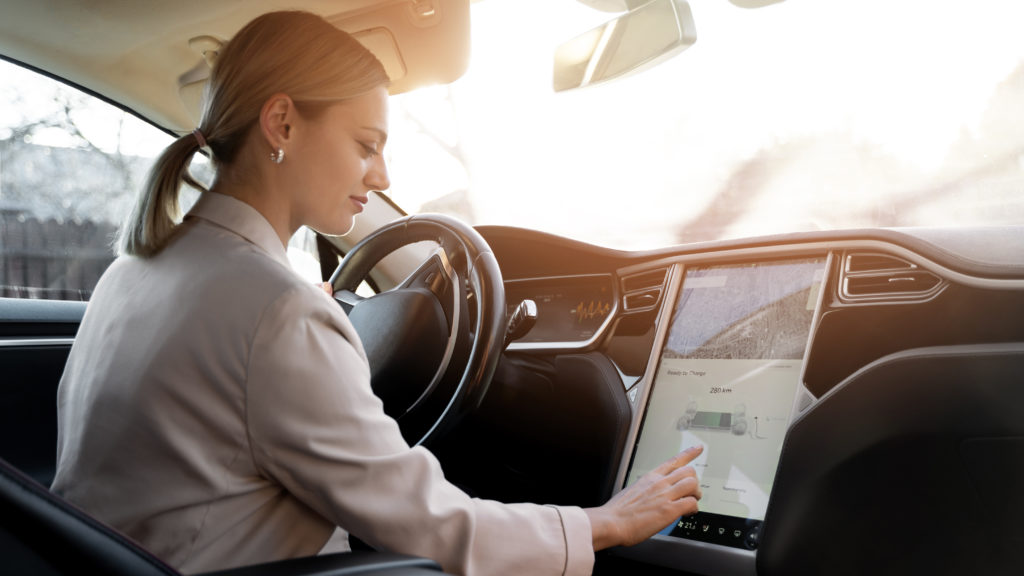
In recent years, Tesla has emerged as a symbol of technological innovation and luxury in the automotive industry. Known for its Autopilot, Enhanced Autopilot, and Full-Self Driving Capability, Tesla has been at the forefront of the self-driving car movement since 2014. These features have undoubtedly piqued the interest of consumers, but questions about safety linger.
The Controversy Surrounding Self-Driving Cars
The National Highway Traffic Safety Administration (NHTSA) reports 17 fatalities and 736 crashes associated with Tesla’s Autopilot software since 2019. These statistics raise concerns about the safety of self-driving cars, but they must be considered in the context of the 1,917,450 Tesla cars sold. Are self-driving cars inherently dangerous, or is their safety comparable to traditional vehicles?
Pros and Cons of Self-Driving Cars
Examining the pros and cons of self-driving cars provides a balanced perspective. While they offer environmental benefits, reduced maintenance costs, and convenience, they come with a hefty price tag and challenges related to charging infrastructure and route planning. Safety remains a critical concern, but is it overshadowed by the potential advantages?
Self-Driving Cars as the Future of Transportation
As self-driving technology advances, it promises to revolutionize transportation. The ability to let the car take over while tired or distracted could transform our daily lives. The question is whether self-driving electric cars represent the future of automobiles, and whether consumers are ready to embrace this radical shift in mobility.
The Safety of Self-Driving Cars on Our Roads
Looking beyond Tesla, the broader landscape of self-driving cars raises questions about safety. Recent incidents involving automated vehicles have garnered attention, prompting discussions about their place on our roads. Are self-driving cars truly safe, and can they coexist with human-driven vehicles?
The Statistics and Realities of Road Safety
Comparing self-driving car incidents to overall road safety statistics reveals a more nuanced perspective. While accidents involving automated vehicles capture headlines, human-driven cars are not without their own risks. Could self-driving cars ultimately lead to safer roads, reducing casualties and accidents?
Challenges and Concerns in the Self-Driving Car Industry
Delving deeper into the self-driving car industry, we encounter various challenges. Security vulnerabilities, high initial costs, moral dilemmas surrounding decision-making algorithms, and the potential for machine errors are all real concerns. These issues must be addressed for self-driving cars to gain wider acceptance.
The Promising Benefits of Self-Driving Cars
Amid the concerns, self-driving cars offer compelling advantages. The potential for increased safety through the elimination of human error, improved traffic efficiency, environmental benefits, and enhanced accessibility for individuals with disabilities or anxieties cannot be ignored.
The Road to an Automated Future
As AI and automation continue to advance, self-driving cars represent a glimpse into an automated future. While the journey toward increased safety, sustainability, and efficiency is exciting, it may be some time before self-driving cars become a ubiquitous reality.
The Complex Path Ahead for Self-Driving Technology
Navigating the road ahead for self-driving technology requires a careful balance of addressing concerns and recognizing the potential benefits. As we move toward a future where every seat could become a passenger seat, the evolution of self-driving cars remains a complex and intriguing journey.